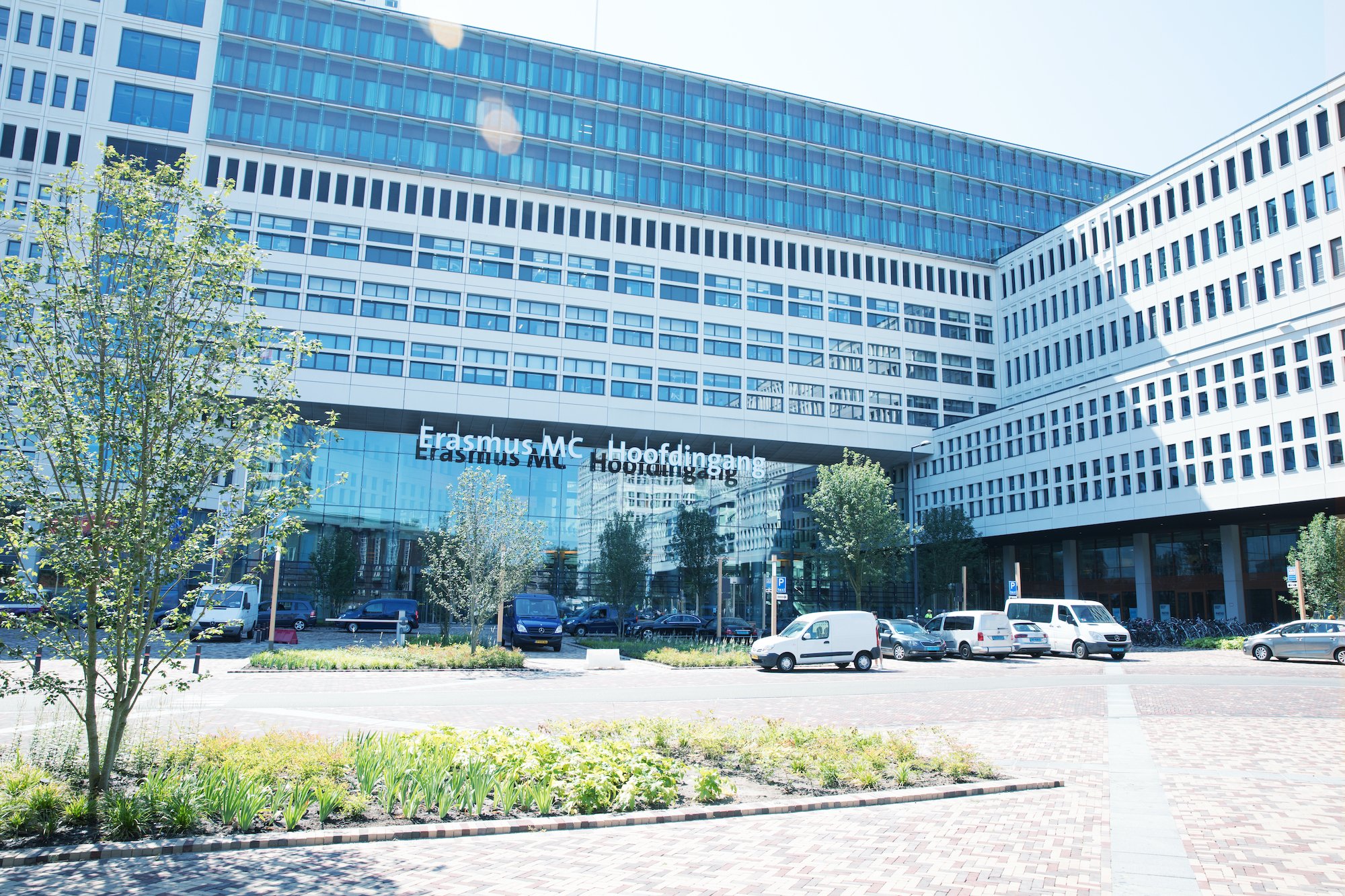Postdoc Cardiovascular Data Science
Postdoc Cardiovascular Data Science
You cannot apply for this job anymore (deadline was 2 Jul 2024).
Browse the current job offers or choose an item in the top navigation above.
Job description
Atrial fibrillation (AF) is progressive cardiac arrhythmia with a highly variable clinical picture. AF episodes last for few minutes in one patient and for hours to days in another patient. It is currently unknown which factors determine the AF severity. This project focuses on unraveling these factors in 2 different populations. The first population includes the general population of the Rotterdam Study. This part focuses on the development and course of AF in asymptomatic individuals. The second part consists of patients undergoing open heart surgery who develop post-operative AF to a variable extent. In these patients, complex electrical signals on the surface of the heart are recorded prior to surgery, resulting in a huge amount of signals per patient (>200.000).
This project is a highly unique opportunity for someone seeking an interdisciplinary experience to work with a large collection of epidemiological datasets and electrical signal processing and mapping. The successful candidate will be working at the intersection of Biomedical Informatics and Data Science, Epidemiology, and Cardiac Electrophysiology. The candidate will be responsible for development and validation of signal processing algorithms, analyses with large epidemiological and patient datasets, and supervision of Master and PhD students.
This project is a highly unique opportunity for someone seeking an interdisciplinary experience to work with a large collection of epidemiological datasets and electrical signal processing and mapping. The successful candidate will be working at the intersection of Biomedical Informatics and Data Science, Epidemiology, and Cardiac Electrophysiology. The candidate will be responsible for development and validation of signal processing algorithms, analyses with large epidemiological and patient datasets, and supervision of Master and PhD students.
Specifications
- max. 36 hours per week
- €4498—€6156 per month
- Rotterdam View on Google Maps
Requirements
- The candidate must have completed a university PhD education with an interest in cardiovascular research. We are particularly interested in candidates with interest in algorithms and machine learning, signal processing, epidemiology and causal inference, but all candidates with knowledge at the intersection of these three scientific disciplines are invited to apply.
- Candidates with knowledge in (Genetic) Epidemiology, Data Science, Bio-informatics, Clinical Technology are encouraged to apply.
- Having some research experience and knowledge of the electrocardiogram (ECG) is an advantage.
- The candidate should be able to work independently, have analytical thinking, and develop initiatives.
- Having strong oral and written communication skills in English is required.
Conditions of employment
- The gross monthly salary amounts a maximum of € 6.402,- (scale 11), depending on your level of educacation and relevant experience, based on a full-time working week of 36 hours.
- You will receive a contract for 2 years.
- Excellent fringe benefits, such as a 13th month that is already paid out in
November and an individual travel expense package. - Pension insurance with ABP, we take care of approximately 2/3 of the
monthly contribution. - Special benefits, such as an incompany physiotherapist and bicycle
repairer. There is also a gym where you can work on your fitness after work. - An International Office which aids you in preparing for your arrival and stay.
Employer
Erasmus MC
The successful candidate will be appointed at the Department of Epidemiology and will work with the two departments of Epidemiology (Cardiometabolic Epidemiology Unit) and Cardiology (Translational Electrophysiology Subunit).Part of this project is embedded in large epidemiological studies including the Rotterdam Study, a unique long-term population-based study that started in 1990 and currently follows more than 18,000 people aged 40 and older. The candidate will use biological, electrocardiogram and health data from the Rotterdam Study for this research.
Another part of the project is embedded in ongoing research into electrical mechanisms of various cardiac arrhythmias in which unique intra-operative electrical measurements are made by custom-made equipment designed by engineers from the Delft University of Technology.
Specifications
- Postdoc
- Health
- max. 36 hours per week
- €4498—€6156 per month
- Higher professional education
- 13.08.24.TG-P1533911-1
:fill(white)/logos/emc-en-wide.png)
